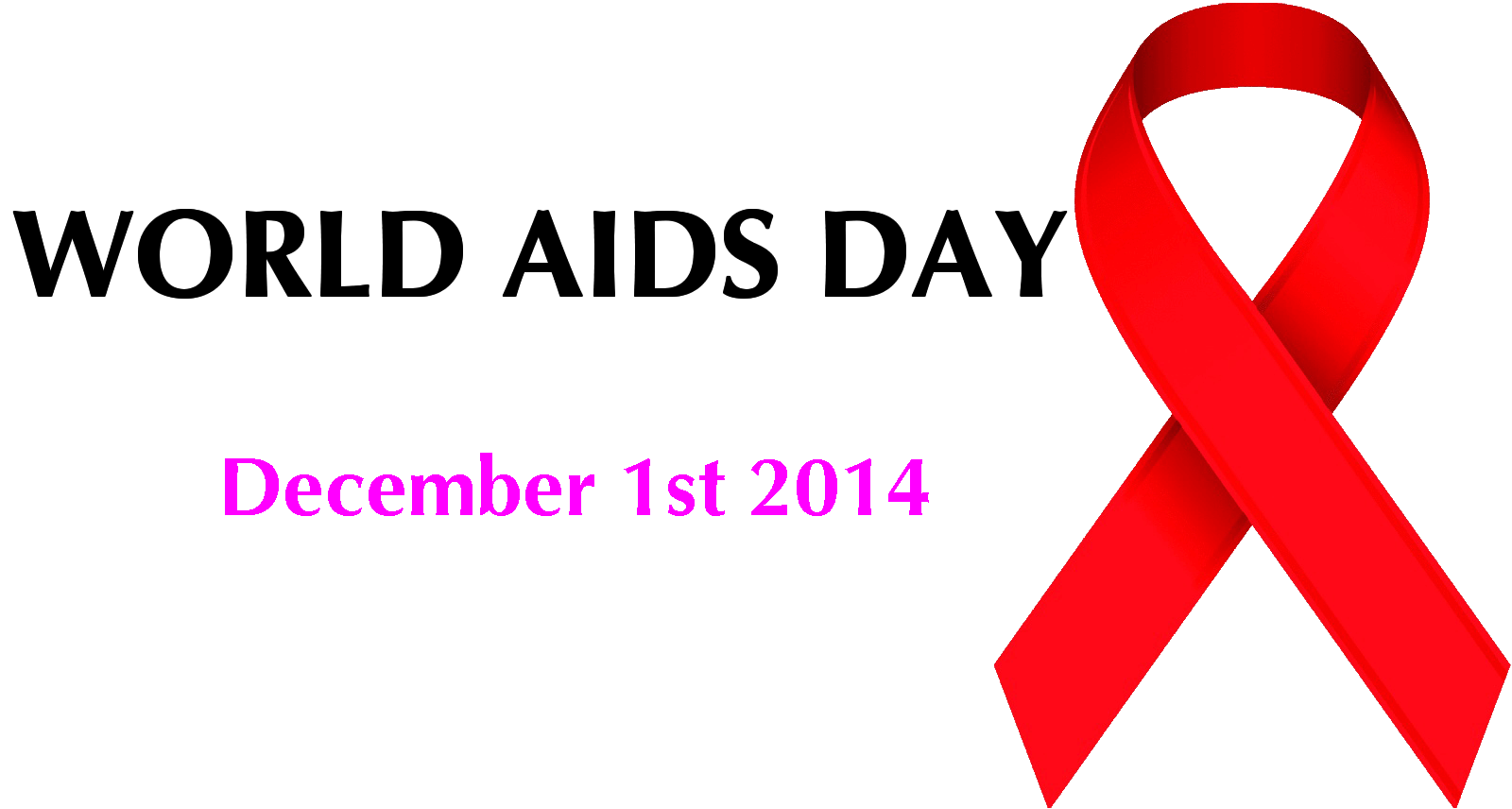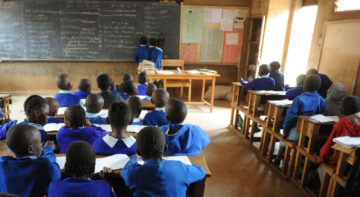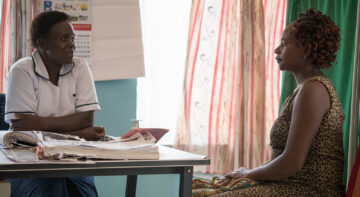News

On December 1, nations commemorate the World Aids Day. This year’s theme is “Focus, Partner, Achieve: An AIDS-free Generation.” This year marks the 26th World Aids Day as we support people living with the AIDS virus as well as remembering those who have died from the disease.
It’s estimated that around 34 million people have HIV while 35 million have died from the virus. However, Unicef has noted an extra-ordinary progress in the decline of HIV cases among children. According to Unicef, an estimated 1.1 million HIV infections among children under 15 have been averted, as new cases declined by over 50% between 2005 and 2013. “We must close the gap, and invest more in reaching every mother, every newborn, every child and every adolescent with HIV prevention and treatment programmes that can save and improve their lives.” said UNICEF Executive Director Anthony Lake.
Unicef attributes the progress to expanding the access of millions of pregnant women living with HIV to services for the prevention of mother to child transmission (PMTCT). These include lifelong HIV treatment that markedly reduces the transmission of the virus to babies and keeps their mothers alive and well. According to Unicef, the sharpest declines took place between 2009 and 2013 in eight African countries: Malawi (67%); Ethiopia (57%); Zimbabwe (57%); Botswana (57%); Namibia (57%); Mozambique (57%); South Africa (52%) and Ghana (50%).
According to the Kenya Aids Indicator Survey (KAIS) Report 2012, among women who were diagnosed with HIV at an Antenatal Clinic (ANC) in the past 5 years or any time prior, 71.2% received maternal prophylaxis during their pregnancy, 67.1% at delivery, and 92.6% while breastfeeding for prevention of mother-to-child transmission of HIV.
However, in a recent study funded by the Bill and Melinda Gates Foundation, AFIDEP found that most sub-Saharan states have weak health systems, including vertical structures and planning mechanisms within the government (e.g. within the Ministry of Health and between the Ministry and the National AIDS Commission); inadequate funding, especially for sexual and reproductive health issues including maternal health; insufficient and inadequately skilled health workers; lack of equipment; weak supply chain systems occasioning frequent commodity stock-outs, and weak monitoring and evaluation systems to monitor integrated services.
These countries included the Democratic Republic of Congo (DRC), Malawi, Tanzania and Zambia.
The study identified five main potential areas where funding agencies, including the Gates Foundation, could prioritise in order to strengthen countries’ efforts for enabling service integration as outlined below:
- Funding agencies should fund integrated programmes as opposed to funding MNCH, FP and HIV/AIDS programmes separately;
- Strengthen governments’ capacity in policy development, planning, operationalisation and coordination of partner efforts;
- Strengthen critical functions of the health system;
- Strengthen community-level provision of integrated MCH, FP and HIV/AIDS information and services; and
- Increase funding for the maternal and child health platform.
To download a full report, click on this link
As thousands of Kenyans celebrate this event, click on this link to know the venues in respective counties
Related Posts





